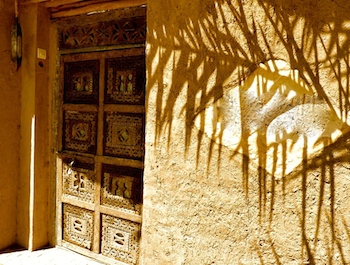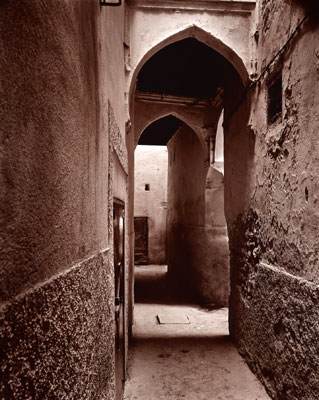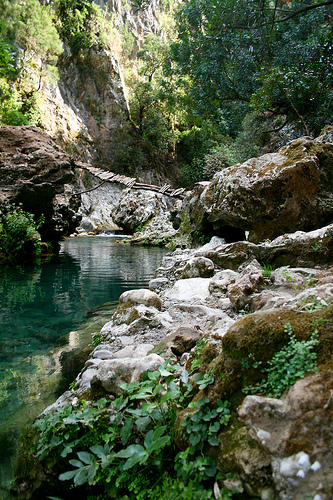Visiting Morocco: 10 Things to Know Before You Go
#1: Visas are not required to enter Morocco and most Vaccinations are not necessary. If you are an American citizen, Canadian citizen or citizen of the European Union, Japan, Brazil or South Africa you can travel to Morocco visa free. To be on…





